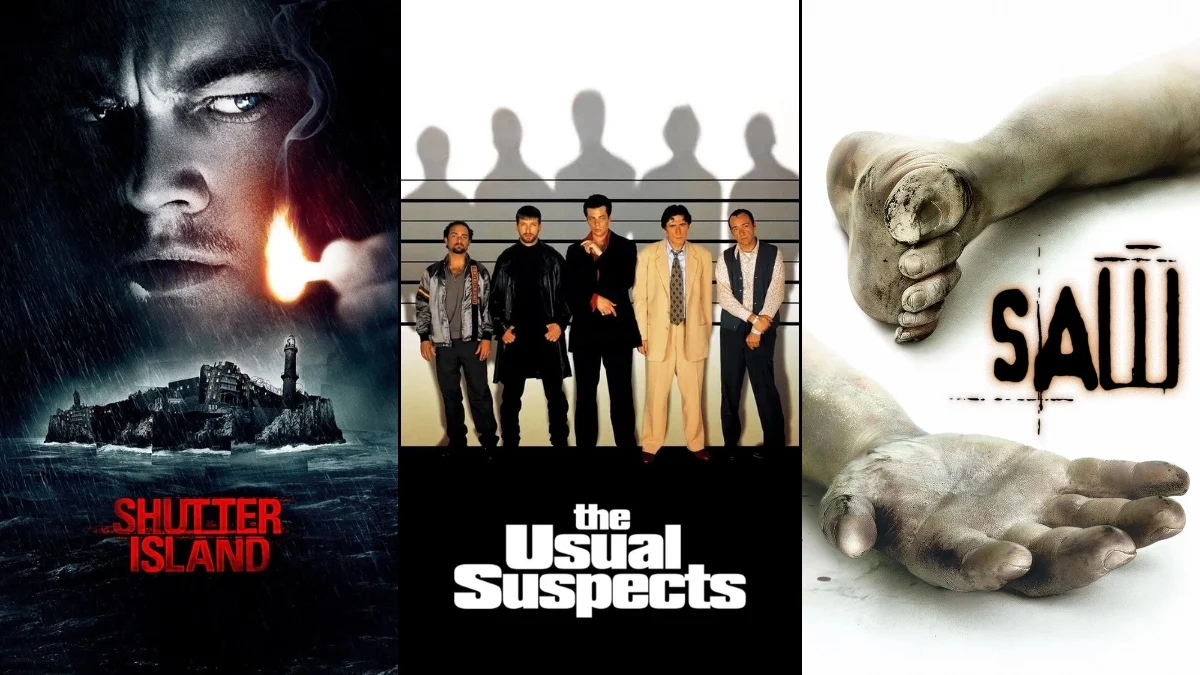
A great movie ending is crucial for leaving a lasting impact. Some films use their final scenes to completely change how you understand everything that came before, offering new insights into why characters acted as they did or revealing surprising twists about the story. Sometimes, just one line of dialogue can turn a simple story into something much more complex, making you want to watch it again to piece everything together.
‘The Usual Suspects’ (1995)
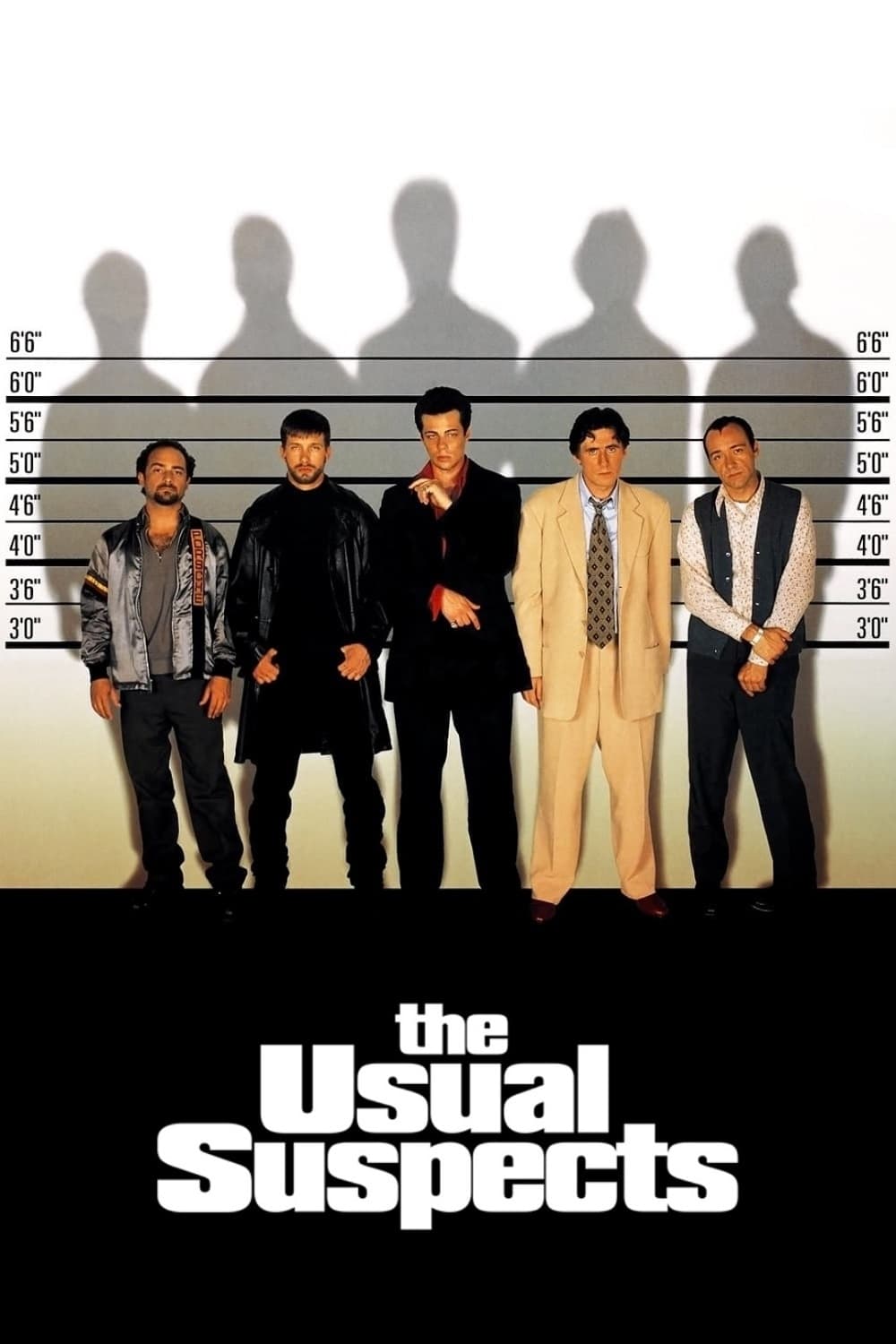
The line about the Devil denying his own existence is the final, crucial clue. Just before disappearing, Keyser Söze reveals who he really is with this clever statement. The audience then understands that the entire story told by Verbal Kint was made up, using only things present in the interrogation room. This realization turns what seemed like a straightforward crime story into a brilliant example of storytelling where the narrator can’t be trusted.
‘Psycho’ (1960)

Norman Bates is shown alone in a jail cell, and a voice reveals that his mother’s personality has completely taken over. Through her thoughts, she insists she wouldn’t hurt anything, trying to convince those watching that she’s innocent. This disturbing realization shifts how we see Norman – he’s not simply a ruthless killer, but a person consumed by his own mental illness. We witness the complete disappearance of the man who, throughout the movie, seemed to battle with his own sense of right and wrong.
‘Shutter Island’ (2010)

Teddy Daniels’ question about being a monster versus a good man hints that he’s actually aware of what’s happening and is choosing a lobotomy to escape the pain of his past. This throws into question whether the treatment he received actually failed to work. Instead, the entire investigation may have been a carefully constructed exercise, a role-playing scenario meant to help him confront his trauma and return to reality.
‘Soylent Green’ (1973)
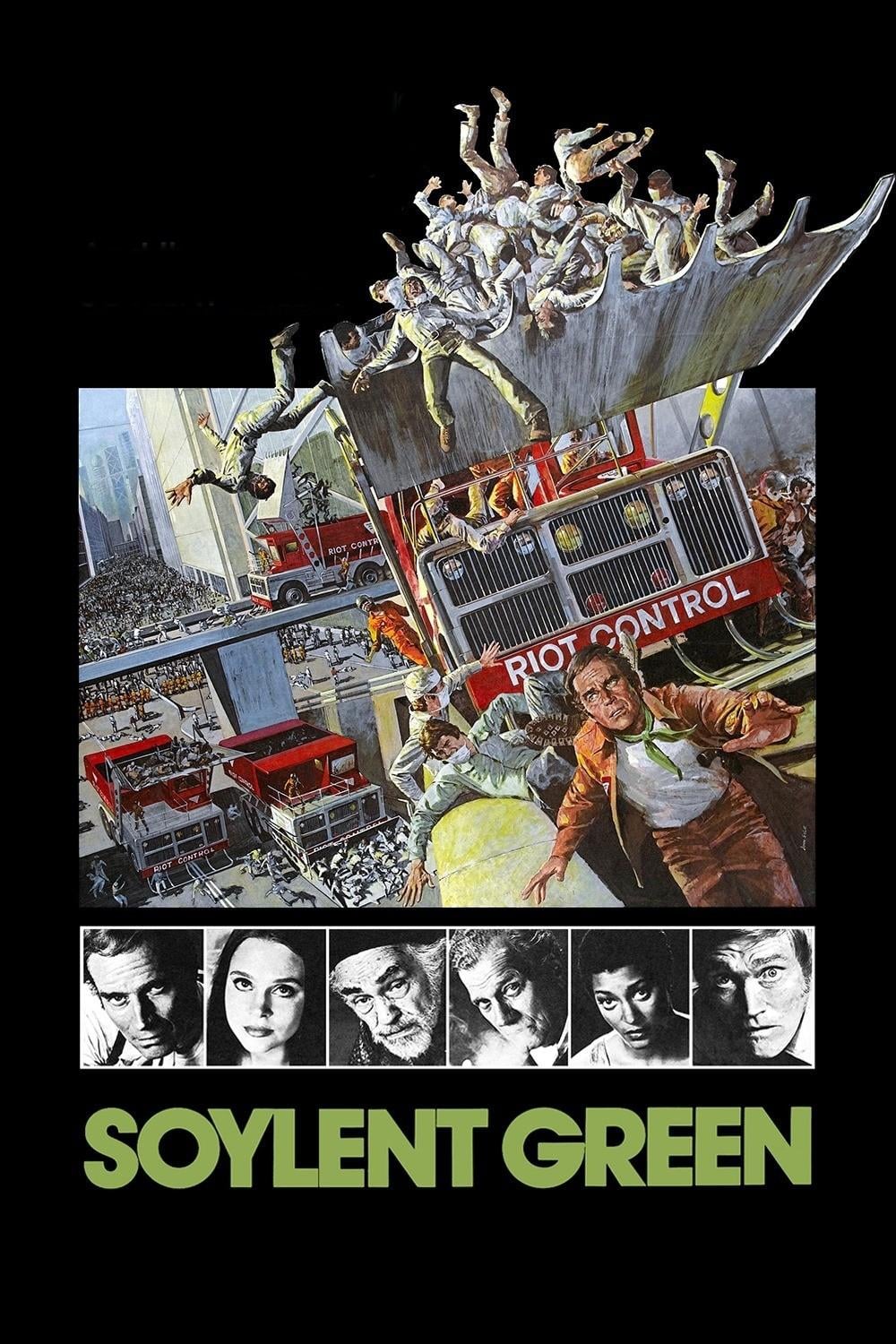
As Detective Thorn is wheeled away on a stretcher, he reveals a shocking truth: the food everyone relies on is actually made from people. This horrifying discovery exposes the dark heart of their society and transforms what started as a routine murder investigation into a terrifying story about survival in a world ravaged by overpopulation and environmental disaster. It turns out the government is secretly practicing cannibalism to keep people alive.
‘Planet of the Apes’ (1968)

When George Taylor sees the broken remains of the Statue of Liberty sticking out of the sand, he collapses, horrified that humanity has destroyed itself with nuclear war. This shocking discovery reveals he’s been on Earth all along, not another planet. The film instantly transforms from a science fiction adventure into a warning about the dangers of the Cold War.
‘Chinatown’ (1974)
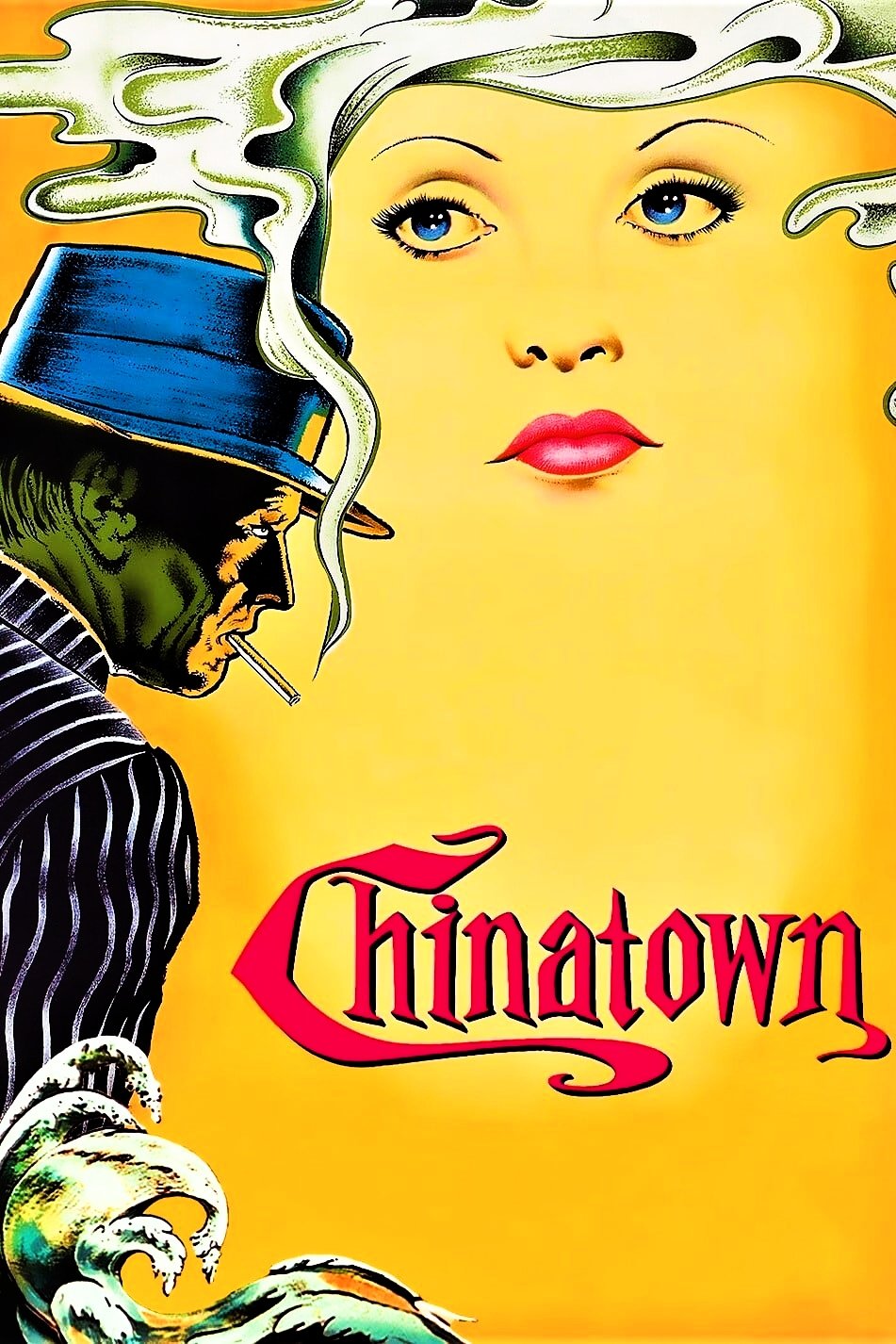
A coworker advises the main character to move on from the tragedy, explaining that the widespread corruption is too powerful to overcome. This emphasizes how even well-meaning efforts are pointless when money and influence control everything. In a heartbreaking ending, Jake Gittes can only watch as the criminal gets away with the victim, solidifying the film’s rejection of the classic noir formula where good always wins.
‘Se7en’ (1995)
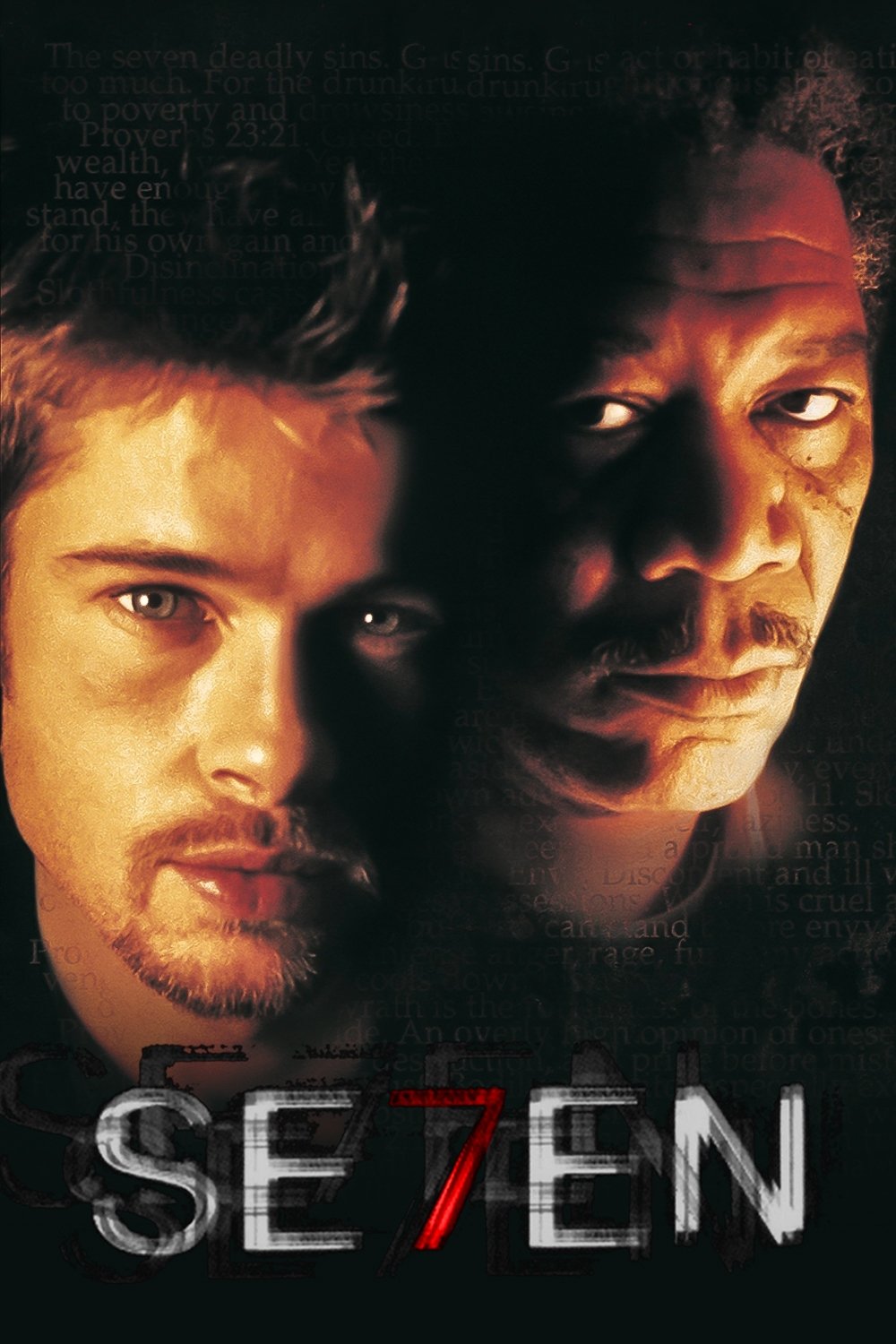
Somerset references Hemingway’s idea that life is worth fighting for, but only agrees with the part about fighting. This pessimistic acceptance comes after he realizes the murderer has perfectly carried out a terrible crime. Despite disliking the city, the detective chooses to stay and continue what feels like a losing fight against growing corruption. This sets the tone for a story that doesn’t offer easy answers or a happy ending.
‘Atonement’ (2007)
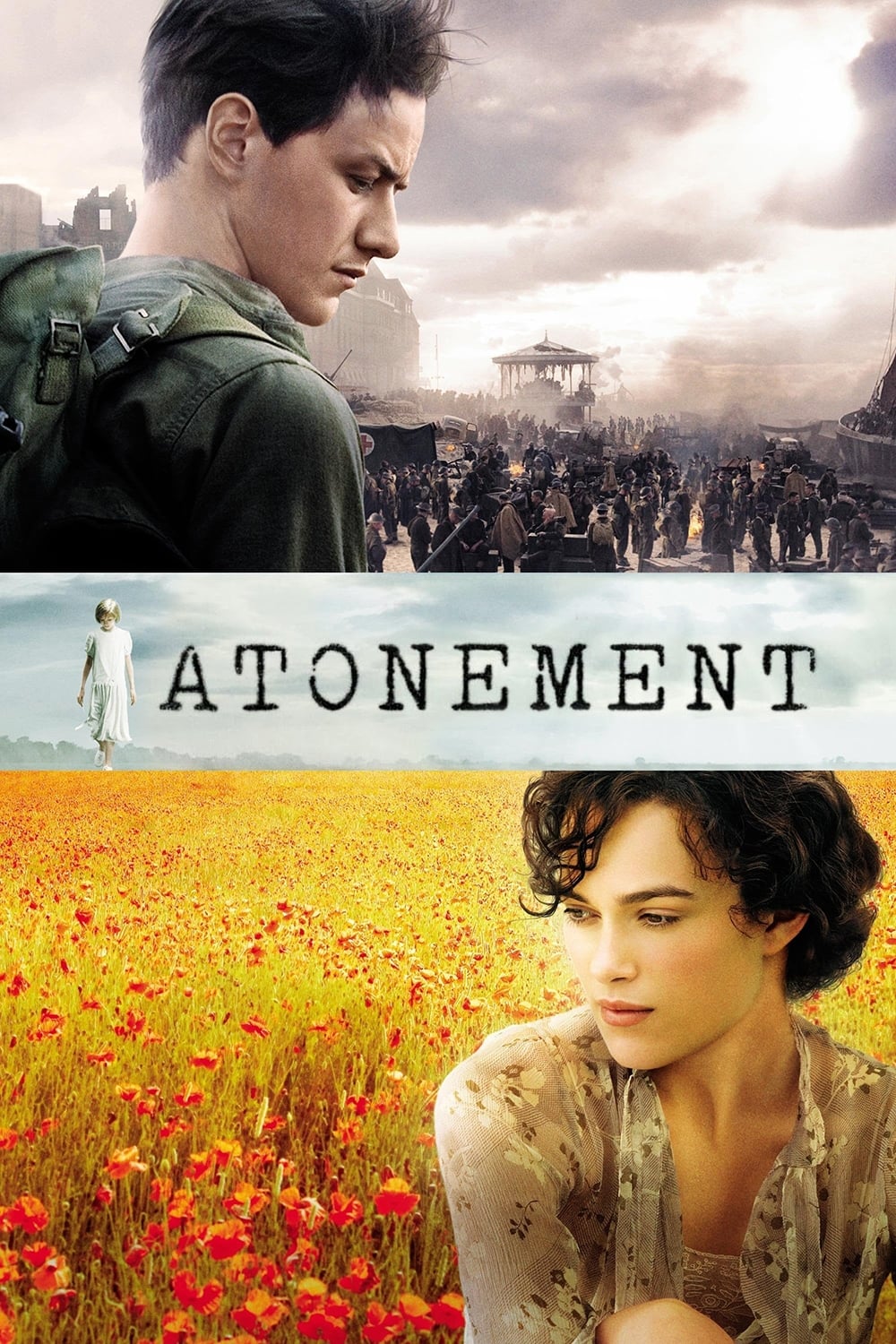
It breaks my heart to share this, but Briony finally confessed the beautiful reunion we just witnessed? It wasn’t real. She wrote it, as a way to give Robbie and Cecilia a happy ending they never actually had. They tragically died separately during the war, never getting their chance at happiness again. Everything we saw in the last part of the story was Briony’s attempt to make amends through writing, a kind of punishment she gave herself. It really shows how powerful stories can be – they can offer a sense of peace, even redemption – but they can’t change what’s already happened, no matter how much we wish they could.
‘American Psycho’ (2000)

Patrick Bateman directly addresses the audience, claiming his confession has had no impact. Neither his lawyer nor anyone around him seems to recognize or care about the crimes he admits to, which makes it unclear whether the murders actually happened. This lack of reaction suggests either everyone is collectively imagining things, or society is too focused on itself to notice a killer. This uncertainty makes the viewer question whether the violent events shown in the film were real or not.
‘Some Like It Hot’ (1959)

When Osgood Fielding III learns his fiancée is actually a man, he casually accepts it, saying, “Nobody’s perfect.” This is a surprising reaction – most comedies of that time would have featured shock or outrage in a similar situation. Instead, this acceptance lets the couple happily ride off together, creating a wonderfully absurd and forward-thinking moment. It’s a famous ending because it so brilliantly resolves the conflict with humor and nonchalance.
‘Saw’ (2004)

The body in the room suddenly sits up, revealing the true killer: Jigsaw. He announces the game is over and slams the door shut on the terrified protagonist’s screams. This unexpected reveal shows he’d been watching the victims’ struggle the whole time. The ending dramatically changes how we view the traps and the characters’ supposed choices.
‘Sunset Boulevard’ (1950)

Norma Desmond dramatically comes down her stairs, declaring she’s ready for her close-up – a moment captured by news cameras. Lost in her own world, she believes the police are actually a film crew welcoming her back to the spotlight. This line highlights how completely disconnected from reality she is, unable to tell the difference between her life and the roles she used to play. What should be a confession of guilt instead becomes a disturbing and twisted imitation of a glamorous Hollywood premiere.
‘King Kong’ (1933)

When Carl Denham sees the giant ape fall, he claims it was captivated by beauty, not brought down by airplanes. This statement tries to give a noble, tragic spin to the creature’s death, framing it as a result of its own feelings rather than the filmmakers’ dangerous pursuit of spectacle. It’s an attempt to elevate a simple monster movie into a story of classic tragedy, shifting the responsibility for the creature’s fate away from human ambition.
‘The Silence of the Lambs’ (1991)

When Hannibal Lecter finishes his phone call with Clarice Starling, he casually mentions he’s having an old friend over for dinner. This seemingly innocent comment is actually a chilling double meaning, revealing that he’s escaped and plans to eat the person who has been pursuing him. This clever threat reminds the audience how dangerous Lecter is, even after he assisted the FBI in catching another criminal. It leaves viewers with the disturbing realization that he’s now free to pursue his own deadly agenda.
‘Burn After Reading’ (2008)
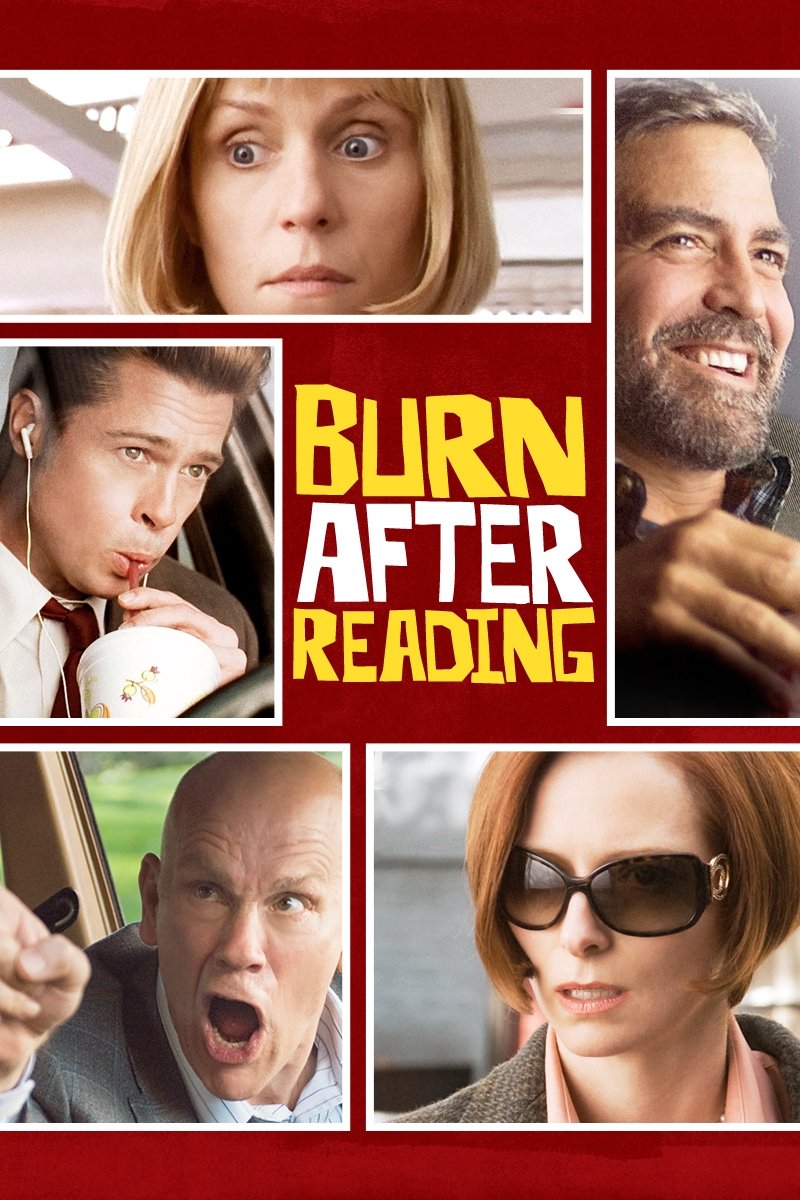
After a brutal series of events, a CIA boss essentially asks what the point of it all was, suggesting the only lesson learned is to avoid repeating the mistake. The characters themselves are left searching for any purpose or meaning in the violence they’ve seen. This highlights the film’s cynical take on spy work and how easily things can go wrong due to bureaucratic failures. Ultimately, the movie reveals the entire story was a senseless cycle of miscommunication.
‘The Prestige’ (2006)
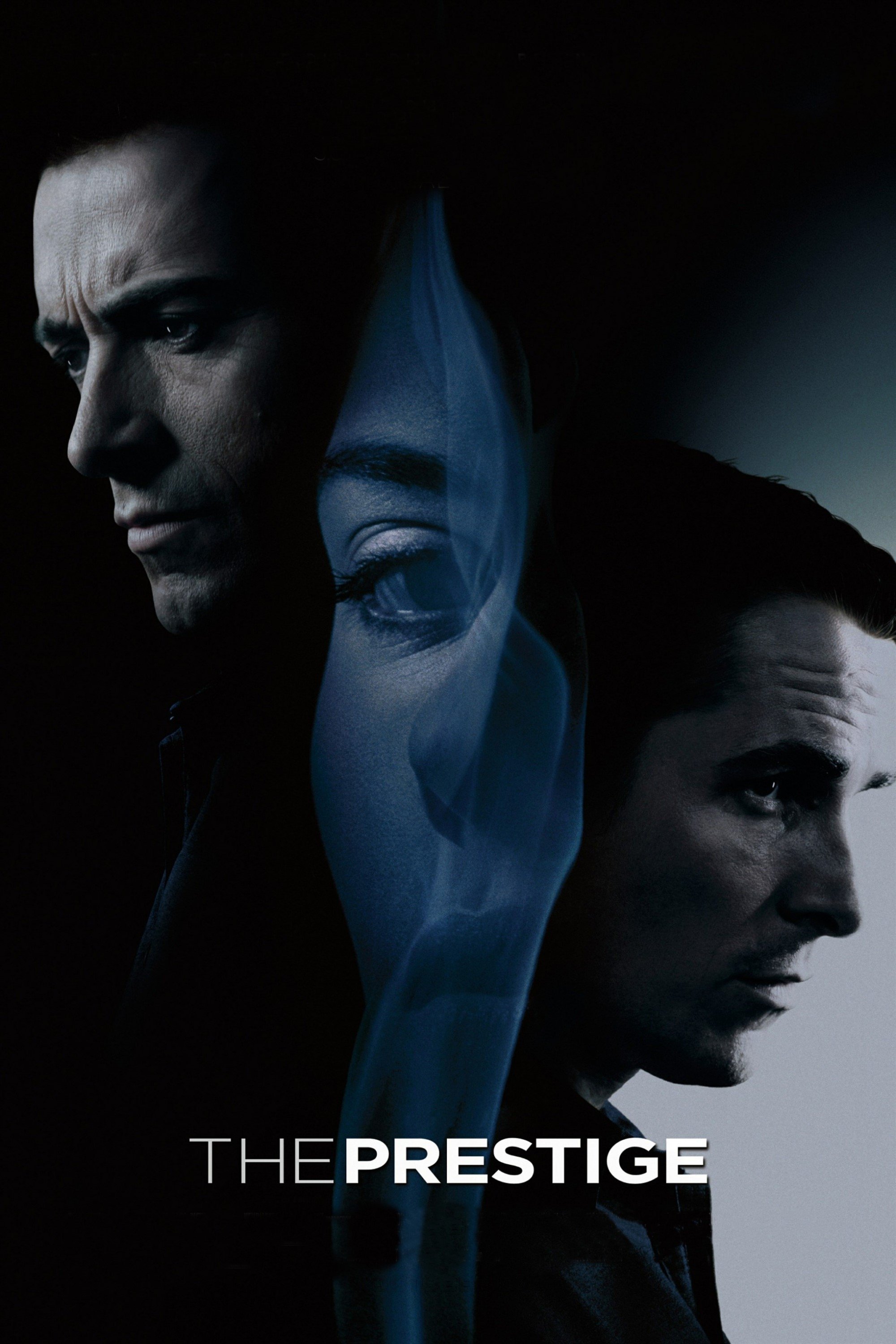
Cutter explains that people want to be tricked, and this is highlighted as the secret behind the teleportation illusion is exposed. The disturbing images of drowned duplicates in the tank reveal the true, awful price of the trick. This explanation reframes the conflict between the magicians not as simple rivalry, but as a dangerous obsession. Ultimately, the closing lines emphasize that the captivating nature of illusion can mask a dark truth.
‘Gone Girl’ (2014)

Nick Dunne confronts his wife, questioning the damage they’ve inflicted on each other and what their future holds. Despite realizing she falsely accused him of murder, he chooses to remain in the troubled marriage. This moment reveals his acceptance of a life where he pretends to be happy while trapped with someone manipulative and dangerous. The story shifts from a suspenseful thriller to a chilling portrayal of a relationship built on mutual destruction.
‘Life of Pi’ (2012)

The author argues that the more hopeful story about the tiger is ultimately more compelling, and suggests this applies to faith in general. This supports the idea that believing in something extraordinary can be more appealing than facing harsh truths, as seen in the contrast between the tiger story and the grim reality of cannibalism on the lifeboat. Ultimately, the text implies that faith is a deliberate decision to embrace a more positive interpretation of events, even when faced with conflicting evidence, and challenges readers to decide which version of events they find more believable.
‘Stand by Me’ (1986)
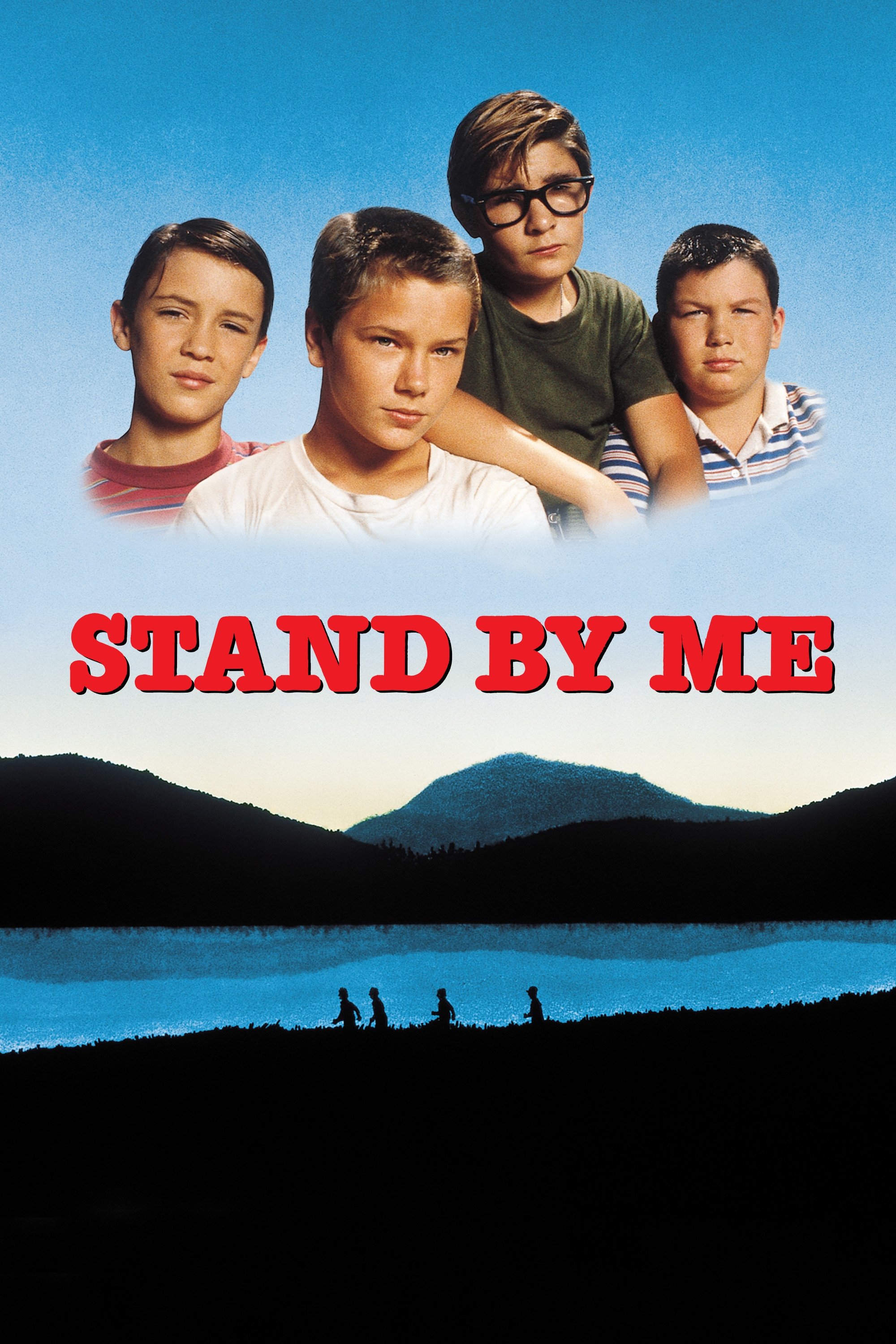
The narrator reflects that he never formed the same close bonds with people after the age of twelve. This highlights how childhood friendships are often temporary and fade as we grow up. Looking back on this time makes the story feel like a special, unrepeatable moment, turning a simple tale of growing up into a thoughtful exploration of loss and the power of memory.
‘Fallen’ (1998)
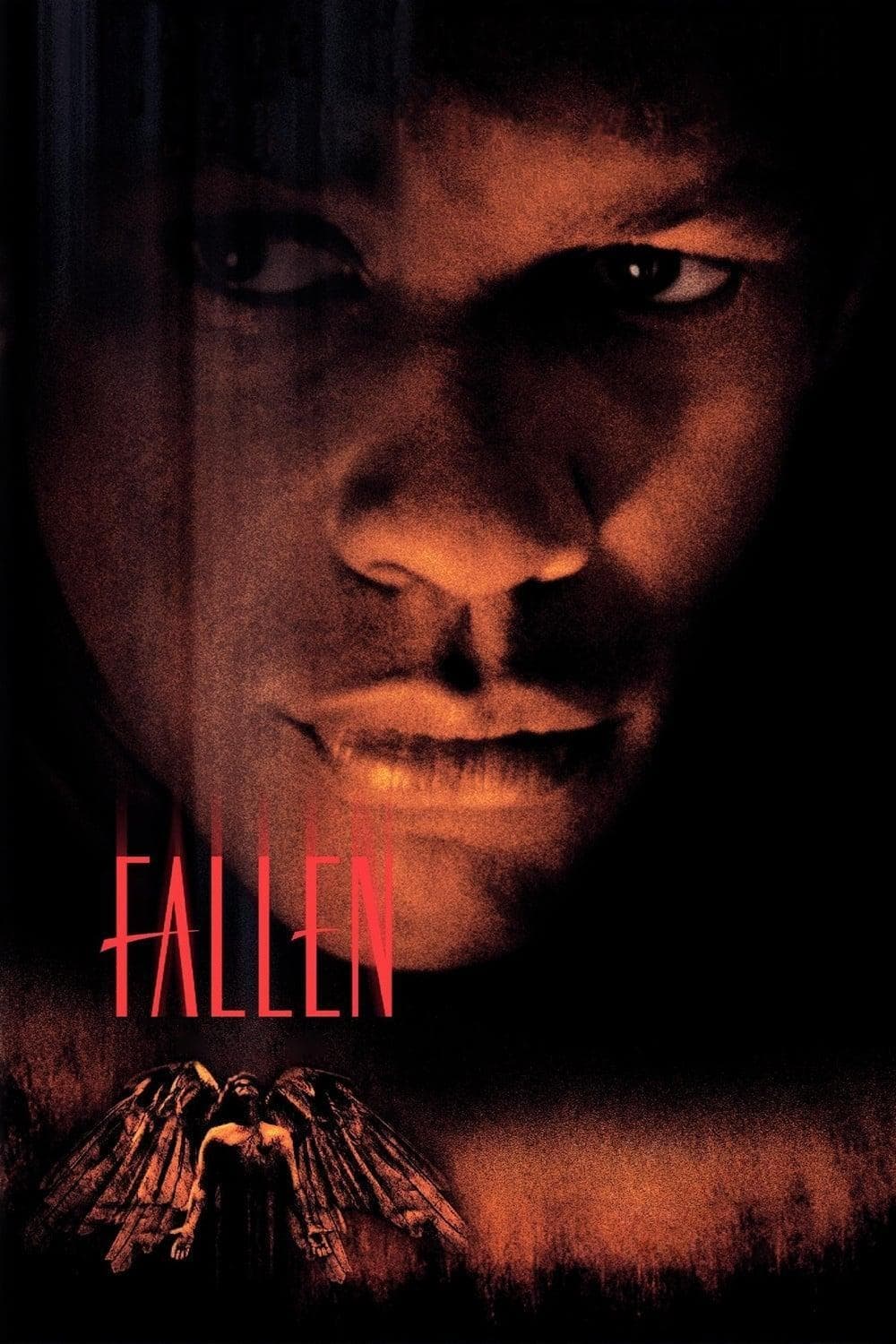
The story takes a dark turn when we learn the narrator’s near-death experience wasn’t just a close call – it was when the demon actually took control of him. The voiceover suggests the villain succeeded, now inhabiting a new body and running free. This flips the typical heroic ending on its head, resulting in a devastating loss for the main character. Ultimately, the film breaks a common rule by not letting the narrator survive the ordeal.
Tell us which movie ending blew your mind the most in the comments.
Read More
- 2025 Crypto Wallets: Secure, Smart, and Surprisingly Simple!
- Gold Rate Forecast
- Brown Dust 2 Mirror Wars (PvP) Tier List – July 2025
- Banks & Shadows: A 2026 Outlook
- Gemini’s Execs Vanish Like Ghosts-Crypto’s Latest Drama!
- Wuchang Fallen Feathers Save File Location on PC
- QuantumScape: A Speculative Venture
- The 10 Most Beautiful Women in the World for 2026, According to the Golden Ratio
- ETH PREDICTION. ETH cryptocurrency
- 9 Video Games That Reshaped Our Moral Lens
2025-11-27 20:47